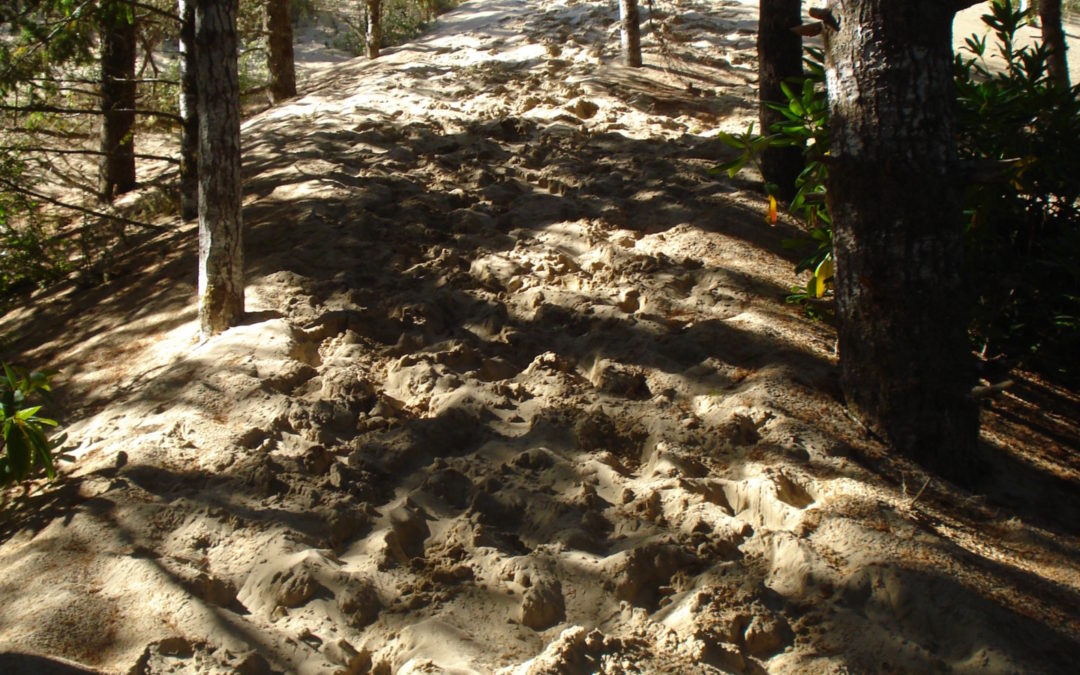
27. Grief and Brain Differences


In post 16, “Brain Differences and Fight-or-Flight,” I discussed how some people, whose wiring is significantly different from average, struggle harder to keep their Adult in charge. Now I’d like to describe how we, who are troubled by our differences, must resolve our grief over them to stabilize our Adult long-term. We must fortify our Wise Parent to be even stronger than average to avoid damaging shame, anger, anxiety and depression. We need to find within and outside ourselves sheltering branches, like those in the rock family picture, to comfort us as we try to cope. I’ll use my journey with this as a Highly Sensitive Person (HSP) to illustrate.
I knew I had to work harder by age ten because of my social anxiety and awkwardness. I also disliked how I could get easily annoyed by small things and very upset over any teasing. By age twelve I was studying Benjamin Franklin’s diary, where he tracked about a dozen behaviors for self-improvement. He noted that, as his score improved in the other areas, his humility score decreased. After reading Dale Carnegie’s How to win Friends and Influence People, I kept notes daily on how well I listened to others and refrained from sharing much about myself. I remained very closed off, except with one or two friends, until I went to college. I’ve seen many HSP clients who never tried again to engage with groups socially after junior high. (See hsperson.com with Elaine Aron.)
Until my first marriage failed at age 27, I didn’t have much non-work social contact due to my need to study hard in college and work many hours a day after that. At that point I received an assistantship for my Ph.D. program in Counseling Psychology. Over-reacting to my divorce, I was wracked with relentless insomnia and panic attacks. I grabbed every idea from my course work that I could about how to heal myself, for my own survival and so I could be a good mother to my two-year-old son. I didn’t accept the valium I was offered. The horrible panic attacks proved a gift for my healing and my ability to help others. I practiced the cognitive therapy and intense self-observation I learned in my classes day and night. I discovered exactly what self-talk and circumstances would set off or shut down a panic attack, and got over them in five years. The insomnia persists whenever I take on too much in my life or let even a minor social interaction disturb me. I still resent that.
I discovered that saying punishing things to myself out of frustration with my HSP wiring (now identified as sensory processing sensitivity) only provoked more anger, anxiety and panic. I learned to be gentle with my Child just to stay out of fight-or-flight. I realized this positive approach, and not the negative confrontations popular then, would also be most helpful to clients. I had to revise especially my Critical Parent’s toxic beliefs to sustain this approach and build a strong Wise Parent. To do this on a stable basis, I had to complete my grief process over the HSP brain I was dealt, long before the HSP trait was identified. I knew I wasn’t just suffering from the divorce trauma; I’d always been too anxious and hyper-sensitive. Denial, anger, and sadness over how I was different all had to be fully processed for me to reach self-acceptance.
Of course, many others have brain differences which cause them much more pain and limit them worse than being an HSP. But somehow they must also find a way to accept themselves in order to enjoy the gifts they do have, especially when others judge and blame them. Temple Grandin has done a heroic job of this with autism, but we can’t all manage that. If we just grow our Wise Parent’s sheltering branch inside and find the environment that supports us, we can each thrive in our own way. Compared to those with schizophrenia, severe bipolar disorder or other major impairments to their Adult functioning, my struggles are nothing.
It’s crucial that individuals and society stop indulging their biases against people who are mentally different in crippling ways. Worldwide mental health services are poorly funded and inadequate. It’s not true that everyone is born and raised to be equally capable of managing life. It’s the worst expression of our primitive human nature to shun them and leave them to suffer. We don’t have to do that to survive like our distant ancestors may have. These people deserve the deepest compassion and steadiest, wisest support from us fellow humans to help them be kind to themselves while they search for ways to join in.
